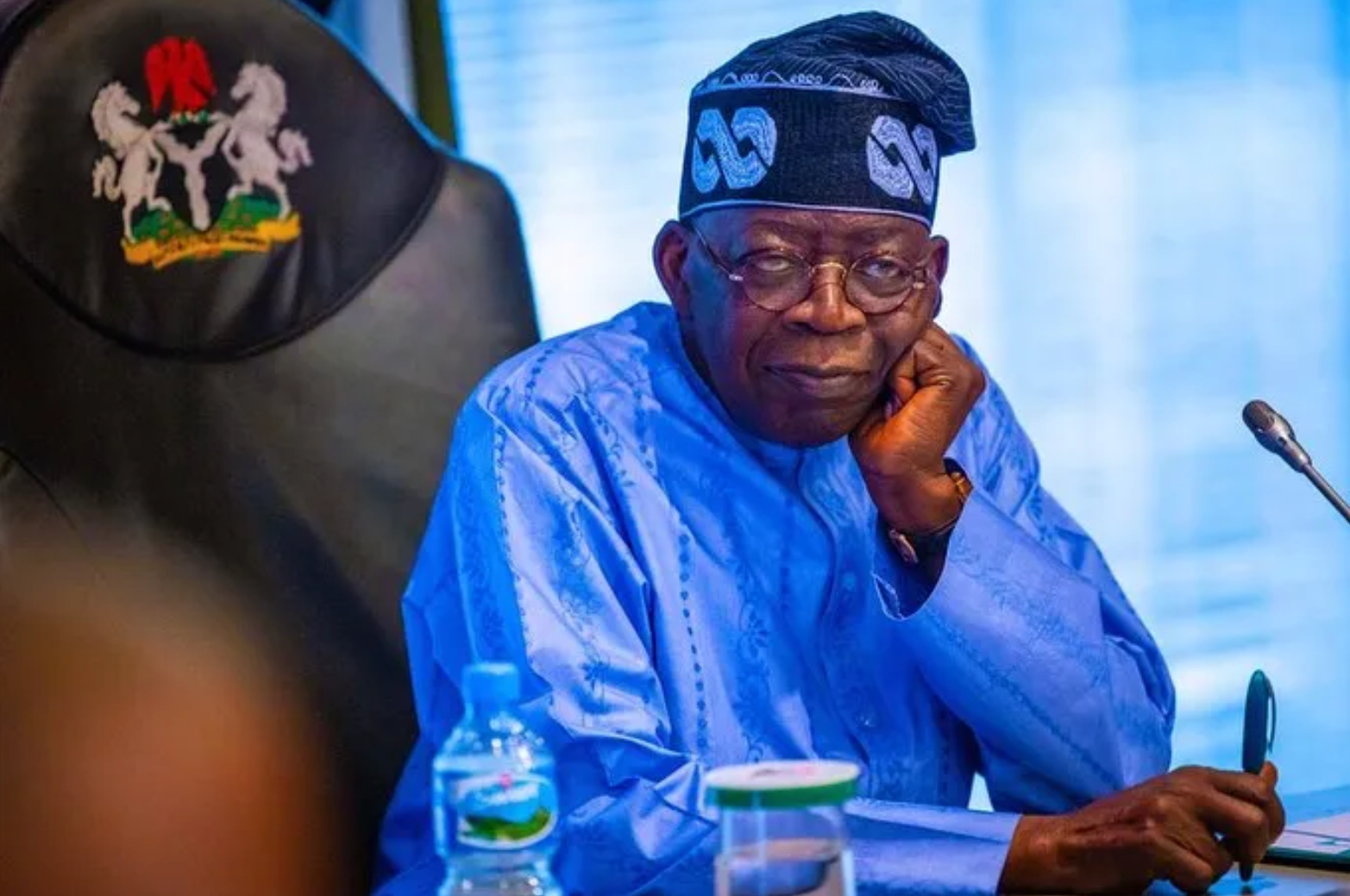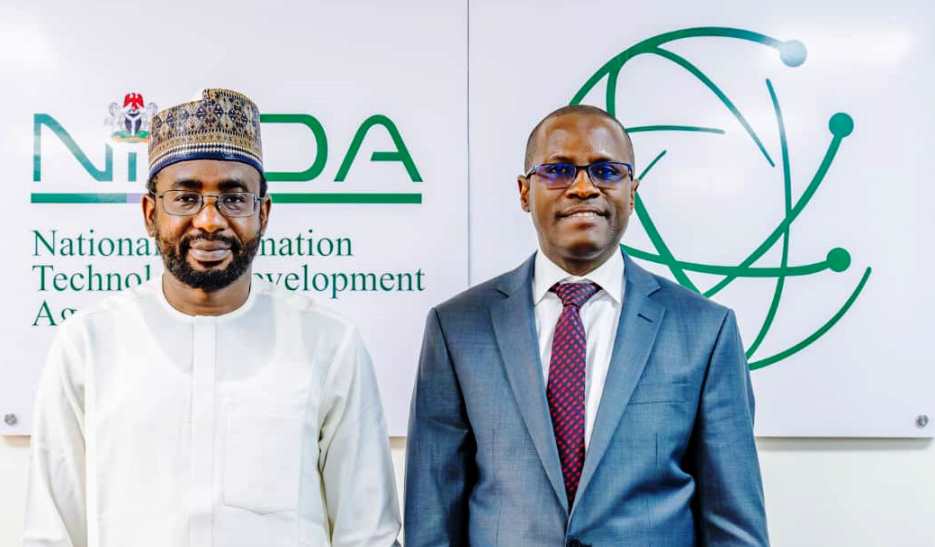In recent days, the contentious issue of tenure elongation—specifically, whether leaders should extend their Presidential mandates beyond the constitutional limits—has recaptured headlines in Nigeria and across West Africa. This renewed focus stems partly from remarks made in Accra, Ghana, at a conference hosted by the Goodluck Jonathan Foundation, where Nigeria’s former President Olusegun Obasanjo addressed past controversies regarding his alleged ambitions for a third term in office. Obasanjo reiterated his denial, claiming he never sought to alter the constitution for personal gain, and argued that if he had genuinely desired such an extension, he could have pressed it through constitutional maneuvers. He instead emphasized his commitment during his presidency to achieving debt relief for a country burdened by economic mismanagement and spiraling external obligations. Obasanjo, drawing lessons from history, insists the real challenge in Africa is not democracy itself, but its implementation—the reduction of “government of the people, by the people, for the people” to a façade serving elite interests and exclusionary politics.
Yet, it was Obasanjo’s comments on third-term ambitions that truly ignited public debate. Recalling the swirling rumors and heated debates of 2006, the former leader threw down the gauntlet: any Nigerian, past or present, who could testify that he had solicited support for a third term, should come forward. This challenge comes as political tensions simmer at home. Nasir El-Rufai, the outspoken former Governor of Kaduna State, recently made headlines of his own after labelling current President Bola Tinubu as aspiring to a lifelong presidency—a comparison drawn to Cameroon’s Paul Biya, who has held power for over four decades. El-Rufai, whose shifting allegiances have marked his political journey from PDP to CPC to APC and now ADC, claims Tinubu’s centralization of power mirrors the early steps of autocratic leaders elsewhere in Africa. “He will stay, he will be President for life. All the signs are there,” El-Rufai alleged, urging Atiku Abubakar, former Vice President, to marshal efforts against Tinubu’s purported ambitions.
Long tenures and the entrenchment of ruling dynasties have often been viewed as a major stumbling block for African democracy. According to observers at the Accra conference and analysts across the continent, initial hopes sparked by waves of democratization in the ’70s and ’80s have largely been dashed. The ideal of popular government is eclipsed, they argue, by “elite capture”—a process where resources and decision-making are monopolized by a privileged few. Citing recent statements, former Ghanaian President John Mahama lamented the erosion of democratic accountability, while former Nigerian President Goodluck Jonathan analogized that “the thing that killed the vegetable is the insect inside it”—underscoring the self-inflicted wounds of political manipulation. Renowned cleric Bishop Mathew Hassan Kukah cautioned, meanwhile, that African politicians’ use of ethnic and religious division often turns national politics into zero-sum, do-or-die contests, deepening fractures and undermining peaceful governance.
A persistent threat to accountable governance on the continent is the rise of monarchical, authoritarian structures, whether ushered in by coups or constitutional changes aimed at entrenching specific leaders. Analysts have pointed to at least ten notable examples of democratic backsliding, with the most recent in Chad. There, President Mahamat Idris Deby (known as Kaka) has, according to Reuters reports, orchestrated a significant extension to presidential term limits—escalating them from five to seven years and passing the measure through the national assembly with unanimous support. Idris Deby’s tenure follows a pattern set by his late father, Idris Deby Itno, who ruled for three decades and likewise manipulated constitutional levers to remain in power. Kaka assumed the presidency after his father’s death in 2021, transitioned from military to civilian rule following a disputed 2024 election, and quickly consolidated his hold over the country. His main rival from that election, former Prime Minister Succes Masra, currently remains imprisoned.
Historically, many Nigerians have comforted themselves with the assumption that such constitutional manipulations “could never happen here.” This belief has been challenged by recent events and by past close calls: Nigeria itself skirted dangerously close to amending its constitution for then-president Olusegun Obasanjo’s third term in 2005 and 2006. The National Political Reform Conference (NPRC) of 2005 debated key constitutional issues, including tenure, minority rights, state police, and resource allocation. Though the assembly offered a platform for robust and lively discussion, its eventual failure was largely attributed to the so-called “Third Term Agenda.” The proposal went to the National Assembly, where it ultimately failed. To this day, Obasanjo maintains his innocence, stating that if he’d wanted a third term, he would have found a way. Some critics, such as Dr. Usman Bugaje, a political analyst and former legislator, contradict this, claiming that bribes were offered to lawmakers, and that the plan only fell through because most refused to accept the alleged N50 million inducements. On a recent episode of Arise News “The Morning Show,” Dr. Bugaje reiterated his stance and expressed readiness to provide evidence amid Obasanjo’s denials.
Senator Femi Okurounmu, a former Ogun Central senator, offered yet another perspective, arguing that Nigeria’s current corruption issues stem partly from the precedent set during the alleged third-term saga. According to him, the effort to manipulate tenure limits “changed everything,” making corruption more entrenched: “After 2003, things changed. I think one of the factors that was responsible for this change was Obasanjo’s attempt to seek a third term…since then, things have continued to go down and down.” (AfrikanWatch, 17 September, “Unfortunately, We have very Few Heroes, Many Villains”). Regardless of which narrative is most accurate, what is clear is that Nigerian civil society, lawmakers, and political opposition eventually prevailed, stopping the tenure extension—though debate lingers over whether Obasanjo simply concealed his involvement, or whether overzealous associates acted on his behalf. Prominent among these was a now-infamous declaration: “What money could not do, more money would do it.”
As Nigeria’s political climate evolves, questions resurface: If the so-called “third term gambit” failed in the mid-2000s, does that mean Nigeria is immune to such a scenario repeating? El-Rufai’s accusations against the Tinubu administration—centralization of power and hints at dynastic ambitions—have stirred controversy. Detractors argue that his statements are politically motivated, pointing out his recent fallout with the ruling APC and his supposed frustration over unmet expectations. President Tinubu, for his part, currently focuses on consolidating his first term and potentially seeking reelection, not extending beyond constitutionally mandated limits. Tinubu’s supporters, including Bayo Onanuga, have dismissed El-Rufai’s statements as “unfounded and speculative, baseless and absurd,” and accused him of fabricating stories to sway Northern opinion against a Southern president.
According to the 1999 Constitution of Nigeria, a president can serve only two four-year terms. Any amendment to these provisions is a complex, multi-layered process, requiring support from two-thirds of the National Assembly and ratification by two-thirds of State Houses of Assembly—a threshold that remains formidable, particularly given Nigeria’s fierce regional and political rivalries. Observers regularly cite the collective action that defeated the third-term bid as a demonstration of Nigeria’s resilience against authoritarian drift—unlike Cameroon, Uganda under President Yoweri Museveni, Equatorial Guinea under President Obiang Nguema Mbasogo, or the late Robert Mugabe’s Zimbabwe, where tenure extensions became the norm.
Public opinion in Nigeria remains cautious yet vigilant on tenure elongation. Many Nigerians recall the mass protests and media campaigns that helped protect the constitution in 2005–2006—echoed in editorials, radio shows, and “palm wine joint” debates. Legal experts, like Lagos-based Constitutional lawyer Mrs. Ini Umoren, emphasize that “systems matter as much as people; continual vigilance from civil society, the media, and progressive politicians will be essential to preserve hard-won democratic gains.” Recent polls by NOIPolls in 2023 found that over 70 percent of Nigerians would oppose any move to extend presidential term limits, highlighting the strong societal commitment to rotating power peacefully.
For Nigeria and much of West Africa, the lessons of past and present debates over presidential tenure carry profound implications. While efforts to change term limits have often failed due to strong local resistance, the risk of “sit-tightism” persists as a recurring theme in the region. As other African countries grapple with the same pressures, Nigeria’s experience offers hope—and also a warning. Safeguarding democracy, analysts insist, isn’t achieved by rhetoric alone, but by robust institutions, active citizenship, and a political culture that prizes accountability over personality.
As these debates rumble on in Abuja, Accra, and beyond, ordinary citizens, top thinkers, and seasoned politicians alike are left asking: How can Nigeria, and indeed Africa, fortify democracy against repeated threats of personal rule? Is the resolve that stopped tenure extension in 2006 strong enough to meet the challenges of today’s rapidly changing political landscape?
What are your thoughts on tenure elongation and presidential term limits in Nigeria and Africa—does the system protect democracy, or is vigilance required to prevent relapse? Share your thoughts below and join the conversation. Stay informed by following us for updates on constitutional reforms and governance in Nigeria and across the continent.
If you have tips, opinions, or want to submit a news item, reach us at support@nowahalazone.com.
Let’s connect: Follow us on Facebook, X (Twitter), and Instagram for real-time news, debates, and more. Your story could help shape the discourse!










